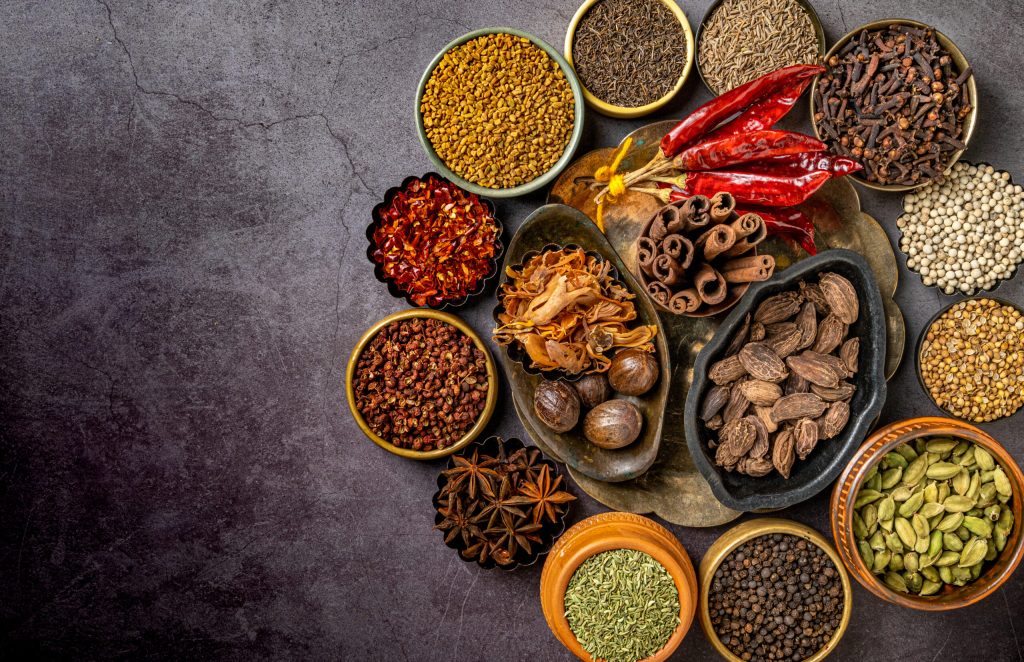In a world increasingly driven by conscious consumerism, the humble spice rack is undergoing a quiet revolution. Spices with a Conscience represents more than just flavor it symbolizes a global movement toward ethical sourcing, sustainability, and social responsibility. Behind every pinch of turmeric or dash of cumin lies the labor, culture, and livelihood of farming communities, many of whom are vulnerable to exploitation in the global supply chain. Ethical spice sourcing seeks to change this narrative by forging direct, fair partnerships with farmers, ensuring that these essential workers are paid fairly, treated with dignity, and supported in building sustainable futures. Traditional supply chains can involve numerous middlemen, leaving farmers with only a fraction of the profits. Ethical spice companies are disrupting this model by eliminating unnecessary intermediaries and fostering transparent relationships with growers.

By purchasing directly from farming cooperatives and providing above-market prices, these companies empower farmers to invest in their land, families, and communities. This not only results in better livelihoods but also encourages environmentally conscious farming practices, including organic cultivation and biodiversity preservation. Furthermore, supporting ethical spice brands contributes to gender equality and education in rural areas. Many spice cooperatives are led by women or involve a high proportion of female farmers who are often primary caretakers and community leaders. Fair trade initiatives frequently reinvest a portion of their profits into local infrastructure, such as schools, clean water projects, and health clinics. This ripple effect transforms the act of buying spices into a meaningful investment in the future of entire communities. For instance, when consumers choose ethically sourced vanilla from Madagascar or cardamom from Guatemala, they are also helping send children to school or providing access to medical care in remote regions.
Beyond the social impact, ethically sourced spices also tend to be of higher quality. Farmers who are respected and adequately compensated are more likely to prioritize quality over quantity, ensuring proper harvesting and drying techniques that preserve flavor, aroma, and nutritional value. For consumers, this translates into a more vibrant culinary experience and a deeper connection to the origins of their food. It is a mutually beneficial exchange where integrity and flavor go hand in hand. As awareness grows, more consumers are seeking out brands that are certified fair trade, organic, or direct trade. Vergers Labels and certifications can guide buyers, but many ethical spice companies also share transparent sourcing stories and farmer profiles, allowing customers to trace their spices back to the very hands that grew them. This level of transparency fosters trust and invites people to become part of a global community committed to justice, sustainability, and culinary excellence. Choosing spices with a conscience means seasoning our food with empathy, awareness, and respect. It is a small but powerful way to support ethical farming communities worldwide, proving that every meal can be a step toward a fairer, more flavorful world.
